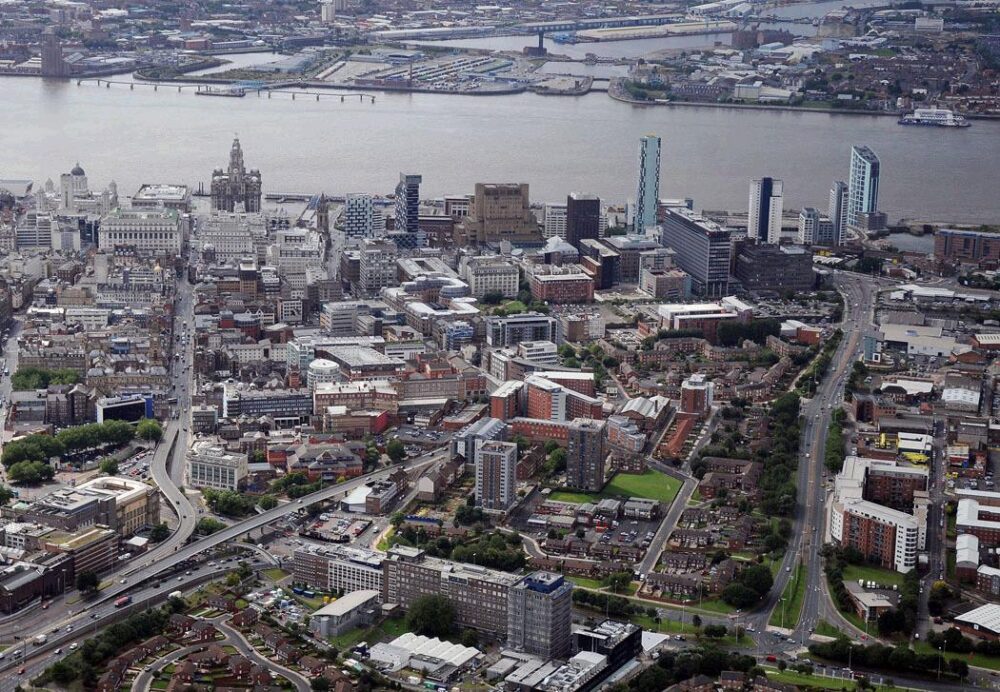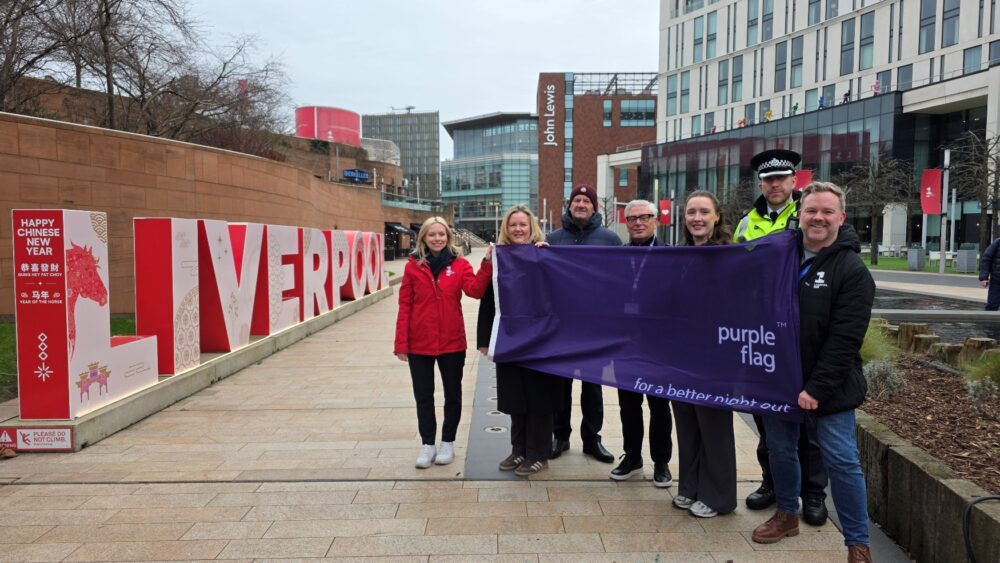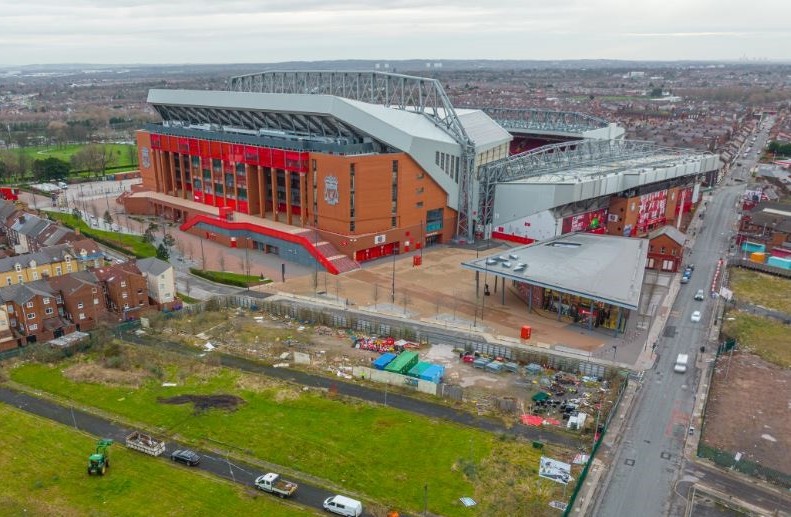
Liverpool News
Liverpool City Council to invest over £15m in frontline services
12 months ago

Liverpool City Council is set to boost key frontline services with an additional £15.3 million investment, aiming to improve neighbourhood services, social care, and road safety over the next year.
Liverpool City Council’s ‘core spending power’ – the amount local authorities have to spend – has increased by 10.3%, thanks to a combination of Government funding and a proposed 4.99% increase in Council Tax.
Additionally, Liverpool will receive a £20 million Government ‘recovery grant’ to support areas with greater deprivation and need.
The budget includes an extra £1.5 million for neighbourhood services to help tackle issues such as flytipping, street cleansing and blight.
The aim is to build on improvements which have seen a 25% drop in complaints about street cleansing and weeding over the last year.
Changes have included regular maintenance, litter picking and cleansing at 58 new locations, including central reservations, roundabouts and traffic islands; additional litter picks in areas including Kirkdale, Anfield, Picton and Dingle; and monthly cleansing of 850 communal bin stations.
There is also £500k for the School Streets programme to improve road safety around primary schools.
An additional £52 million is being set aside to deal with increased demand for adult and children’s social care, temporary housing and home to school transport. The Council has a legal duty to provide adult and children’s services, and they account for 63% of spending.

The Council’s financial resilience has been boosted thanks to an improvement programme which has increased the cash total of Council Tax collected in-year by 13%, reduced arrears by £18 million and cut Business Rates debt by £5.3 million.
In addition, a review of single person Council Tax discount has increased the amount of Council Tax that can be collected by £1.8 million, and changes to empty property premiums is bringing in an additional £8 million per year.
We have also reduced the time taken for an invoice to be paid from 51 to 38 days, cut the amount of debt owed to the Council by £10.7 million in the last quarter, and rolled out electronic invoicing to save on postage.
The Benefit Maximisation Team has increased income for the most vulnerable households by £7,643,529 – up £433,583 compared to January 2024, and in this budget its staffing will be increased by 50%.
At the Budget Council meeting on Wednesday 5 March, Councillors will be asked to approve a rise of 4.99% in Council Tax, including two per cent ring-fenced for adult social care.
The majority of households in Liverpool – 59% – live in Band A properties, and will see the charge for the council services element bill rise by £84.04 per year.
Council Leader, Cllr Liam Robinson, said:
“This is the most positive budget we have been able to present for some time due to the new Government giving greater certainty to councils including future multi-year settlements and a bigger share of funding towards cities like Liverpool.
“The budget continues our investment in the issues we know local people care about such as street cleansing, waste management and improving recycling rates, which is why we are bringing these services back in-house.
“Like all councils, we continue to face real pressures in areas such as adult and children’s social care, temporary housing and home to school transport, and will continue to work with sector partners to suggest longer term solutions to the Government.“
Deputy Council Leader and Cabinet Member for Finance, Resources and Transformation, Councillor Ruth Bennett, said:
“We are continuing to make great strides in improving our own financial management to drive up income and make the most of every pound. This is helping manage the demand pressures we face in areas such as social care.
“This rigorous approach is increasing Council Tax collection levels, reducing outstanding Business Rates and cutting the amount of outstanding debt we are owed.
“We are determined to become a financially resilient organisation which provides services that are sustainable in the long-term.”









 Subscribe
Subscribe Follow Us
Follow Us Follow Us
Follow Us Follow Us
Follow Us Follow Us
Follow Us Follow Us
Follow Us











